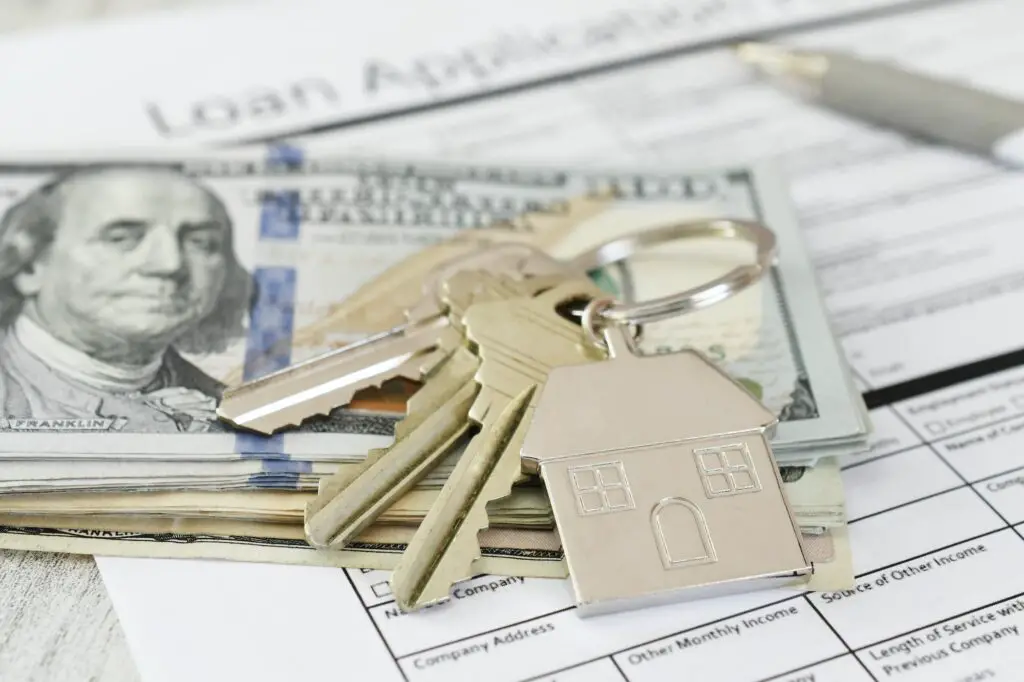Refinancing, or taking out a new loan to pay off an existing one, is a common strategy used by homeowners when they want to secure a better rate or reduce the amount of interest they pay on their loan. With the rise in home values that has been witnessed over the past few years, many people have taken advantage of refinancing to secure a better loan and save money. However, in the current economic climate, home values have decreased, leaving many homeowners in a position where they need to consider refinancing when their home value decreases. Refinancing when your home value has decreased can be a tricky process, as it can be difficult to get a lender to agree to a loan, and the terms of the new loan may be less than ideal. In this article, we’ll discuss everything homeowners need to know about refinancing when their home value decreases.
Impact on Qualifications
Refinancing when your home value has decreased can be much more difficult than when it is rising. This is because lenders look at the amount of equity a borrower has in their home when considering whether or not they will approve a loan. Equity is the difference between the value of a home and the loan balance, and it is a measure of the borrower’s financial commitment to the home. With a decrease in home value, the amount of equity a homeowner has in their home also decreases, making them a less attractive borrower to a lender.
For homeowners whose equity has decreased, it can be difficult to qualify for a new loan. When refinancing, lenders will consider the borrower’s credit score, employment history, and the value of their home. With a decrease in home value, it can be difficult to secure a loan, as lenders may be hesitant to loan money to a borrower whose equity has decreased significantly. It is important to note, however, that even with a decrease in equity, it may still be possible to secure a loan. For example, some lenders may be willing to work with borrowers whose equity has dropped as long as the borrower has a good credit score and evidence of sufficient income.
Impact on Interest Rates
Another factor to consider when refinancing when home values decrease is the interest rate. Generally, when home values rise, lenders tend to offer lower interest rates to borrowers, as they are more confident in the value of the home and can be more competitive with other lenders. However, when home values are decreasing, lenders may be more cautious and offer less competitive terms. This can lead to higher interest rates for borrowers. Although the interest rate will ultimately depend on the borrower’s credit score and financial situation, it is important to keep in mind that refinancing when home values decrease may not result in the same favorable rates as when the value is increasing.
Impact on repayment terms
In addition to interest rates, the repayment terms of the loan may also be impacted when refinancing when home values decrease. Generally, lenders will extend loan terms when home values are rising, as they can be more confident in the future value of the home. However, when home values are decreasing, lenders may be more cautious and limit the amount of time they are willing to lend for. This can mean that borrowers may need to refinance sooner than expected, or may not get the same repayment terms they could have obtained when the value of their home was increasing.
Strategies to Consider
When considering refinancing when home values decrease, there are several strategies homeowners can keep in mind. One of the most important is to shop around and compare loan offers. Even with a decrease in equity and home values, it may be possible to secure a more favorable rate or repayment terms with a different lender. Additionally, paying down the principal balance of the loan can help to reduce the amount of interest owed and potentially secure a more favorable rate from the lender. Finally, considering an adjustable rate mortgage (ARM) rather than a fixed rate mortgage may be beneficial to homeowners who anticipate a future rise in home values. ARMs provide lower initial costs, but can fluctuate as the value of the home changes.
Final thought
Refinancing when home values decrease can be a difficult process, but it is possible to secure a new loan in order to save money or adjust repayment terms. It is important to keep in mind that, with a decrease in home value, lenders may be less willing to provide a loan and the interest rate may be higher. Furthermore, the repayment terms may be limited, requiring homeowners to refinance or adjust their mortgage sooner than they would with a rising home value. However, with careful shopping around and consideration of different strategies, such as paying down the loan balance or considering an ARM, it may be possible to secure a more advantageous loan.

